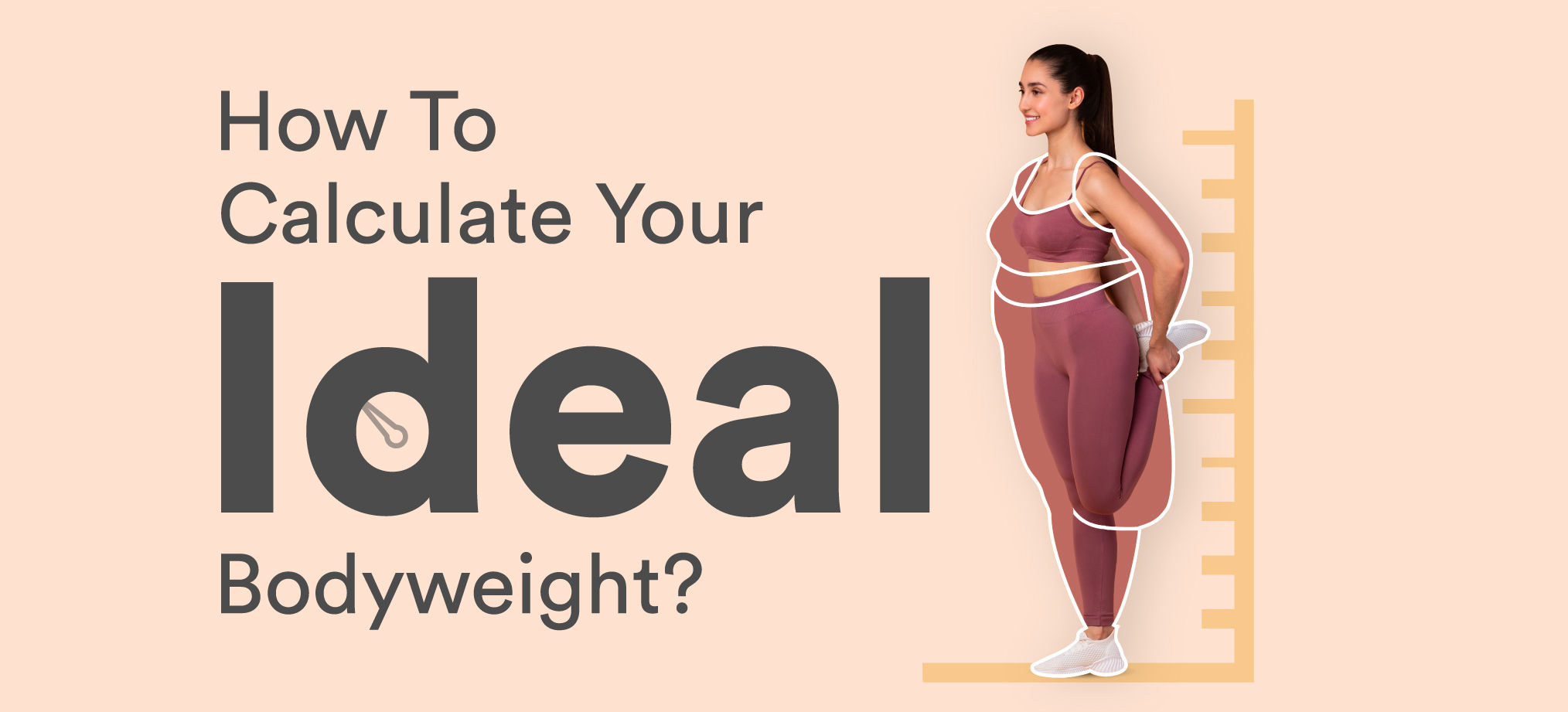Weight Management
Calorie Restriction Vs Intermittent Fasting: Which Is Better For Weight Loss?
3 min read
By Apollo 24|7, Published on - 23 February 2023, Updated on - 27 April 2023
Share this article
0
25 likes

With increased awareness about the detrimental effects of obesity, almost everyone is consciously trying to lose extra weight. Amidst this, the quest to find out the best method of losing pounds has started a large-scale conversation about the effectiveness of different weight-loss approaches and their superiority over each other. One of the most common debates regarding this subject is; which is the superior alternative for weight loss- intermittent fasting or calorie restriction? Read on to know more.
What is intermittent fasting?
Intermittent fasting refers to alternating periods of unrestricted eating with periods of fasting, which can range from a few hours to over a day. For instance, fasting for around 14 to 16 hours and leaving a window of 8 to 10 hours for eating a couple of meals and a few snacks. There are many different ways in which you can practise intermittent fasting. The type of intermittent fasting you choose can depend on what works out for you. People often find intermittent fasting helpful in weight loss.
What is calorie restriction?
In contrast to intermittent fasting, where people go for long periods without eating, calorie restriction has a different approach. It involves a significant reduction in the number of calories consumed every day. For instance, if you usually consume around 3,000 calories in a day, you'll now be consuming around 2,000 calories per day. All in all, calorie restriction describes an approach where the average daily calorie intake is considerably reduced without depriving yourself of vital nutrients. Weight loss is one of the major benefits of calorie restriction as consuming fewer calories forces your body to utilise fats stored in your body for energy. Moreover, research shows this approach prolongs life expectancy by lowering the risk of developing diabetes and cardiovascular diseases.
Intermittent fasting versus calorie restriction for weight loss
There are many different studies that have been conducted to compare these two methods of weight loss in order to determine which of these is more effective. Some of these studies include:
1. A recent study involving nearly 550 adults says that people can achieve their weight loss targets without limiting their meals to certain times of the day. As per the study,
- People who eat more medium or large meals in a day are more likely to gain weight.
- Those who eat smaller meals are more likely to lose extra weight.
- The time interval between the meals had no real impact on the weight.
This study concluded that the frequency and size of meals as well as the total daily calorie intake affect the weight change more than the timings of the meals.
2. Another study conducted over the duration of 12 months, divided participants into separate groups; one group practised alternate-day fasting and the other one followed a calorie-restricted diet. There were two major conclusions drawn from the study's results:
- The dropout rate was higher in the alternate fasting group, which implied that it is more difficult to stick to an intermittent fasting routine than it is to a calorie-restricted diet.
- The calorie restriction group experienced a total weight loss of 6% whereas the intermittent fasting group experienced a 5.3% weight loss.
This study concluded that there is no single method that can claim to accelerate the weight loss process.
All in all, the best weight loss approach can vary from individual to individual. If you want to lose weight, it’s always the best bet to consult a qualified dietician, who can suggest the best method for you based on your individual needs. For an expert opinion,
Consult Apollo's Expert Dieticians
Medically reviewed by Dr Sonia Bhatt.
Weight Management
Leave Comment
Recommended for you

Weight Management
Why Unexplained Weight Loss Should Be Diagnosed
Unexplained weight loss can be a symptom or a result of a serious illness such as cancer, IBD, rheumatoid arthritis, etc.

Weight Management
4 Principles of Weight Management by Dr. Raj Palaniappan
In the midst of our hectic schedules, maintaining a healthy weight can be a real challenge. Our reliance on fast food, sugary drinks, and short sleep cycles all contribute to our unhealthy weight. Find out what our expert, Dr. Raj Palaniappan has to say in this article.

Weight Management
Body Mass Index: How Much Should I Weigh According To My Height & Age?
Maintaining optimal weight is essential for overall health and well-being, but there's no one-size-fits-all approach. Your ideal weight depends on various factors, including your height, age, body composition and sex. Learn how to know your ideal weight.
Subscribe
Sign up for our free Health Library Daily Newsletter
Get doctor-approved health tips, news, and more.
Recommended for you

Weight Management
Why Unexplained Weight Loss Should Be Diagnosed
Unexplained weight loss can be a symptom or a result of a serious illness such as cancer, IBD, rheumatoid arthritis, etc.

Weight Management
4 Principles of Weight Management by Dr. Raj Palaniappan
In the midst of our hectic schedules, maintaining a healthy weight can be a real challenge. Our reliance on fast food, sugary drinks, and short sleep cycles all contribute to our unhealthy weight. Find out what our expert, Dr. Raj Palaniappan has to say in this article.

Weight Management
Body Mass Index: How Much Should I Weigh According To My Height & Age?
Maintaining optimal weight is essential for overall health and well-being, but there's no one-size-fits-all approach. Your ideal weight depends on various factors, including your height, age, body composition and sex. Learn how to know your ideal weight.